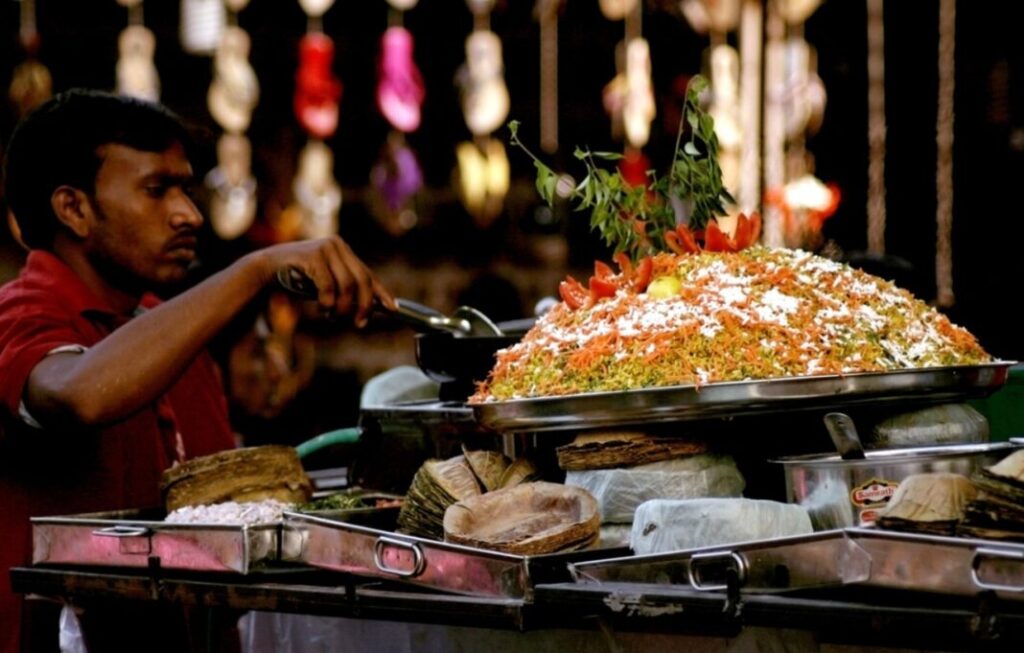In a crucial and ground-breaking effort, the Union Health Ministry has asked states and union territories to create 100 food streets in 100 districts across the nation in partnership with the Ministry of Housing and Urban Affairs.
As a pilot project, this initiative is being undertaken to set a precedent for more such streets to emerge across the nation, providing clean and safe culinary practises. According to the Ministry of Health, this project aims to promote safe and healthy eating practises among local residents and businesses to lower foodborne infections and enhance general health outcomes.
Rajesh Bhushan, the union health secretary, and Manoj Joshi, the secretary of the ministry of housing and urban affairs, wrote to the states to emphasise the importance of “easy access to safe and hygienic food for the good health of citizens.” Safe food practises will advance the eat right campaign and food safety while also enhancing the hygienic reputation of neighbourhood restaurants, boosting local employment, tourism, and ultimately the local economy. Additionally, it results in a cleaner, greener environment.
The National Health Mission (NHM), in coordination with the Ministry of Housing and Urban Affairs, will carry out this innovative effort, according to a statement from the Ministry of Health, with technical assistance from the FSSAI. To close crucial gaps, States and UTs would receive funding for the project in the amount of Rs. 1 crore for each food street or district. In 100 districts around the nation, 100 of these food streets will open up (see list below).
Under the National Health Mission (NHM), this aid will be given in a 60:40 or 90:10 ratio, subject to the requirement that standard branding of these food markets be carried out in accordance with FSSAI regulations.
Major steps will be taken at the state level by municipal corporations, development authorities, and district collectors to ensure convergence in terms of financial resources and physical infrastructure. Other actions have been taken to raise food safety standards, including educating food handlers, independent third-party audits, and certification of Eat Right Street Food Hubs’ “SOP for Modernization of Food Streets.”
As part of the Deendayal Antyodaya Yojana—National Urban Livelihoods Mission (DAYNULM), the Ministry of Housing and Urban Affairs has also implemented programmes like “Support to Urban Street Vendors (SUSV)”.
According to the statement, states and UTs can also hold training programmes for street vendors to educate them on issues related to food safety, hygiene upkeep, and garbage disposal.
